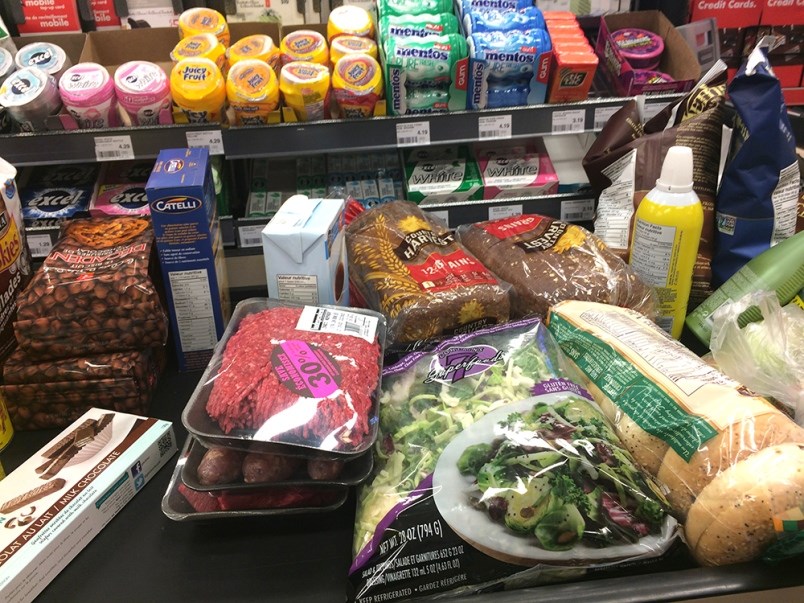Nobody has looked at how a regional food system could simultaneously advance local economy, environment and food self-reliance until now, according to an agriculturalist who presented a report at the committee of the whole on Tuesday.
Ken Mullinix, the director of the Institute for Sustainable Food Systems at Kwantlen Polytechnic University, spearheaded a study in 2013 and Squamish was one of the first to endorse it.
“Our current food system simply is not sustainable – environmentally, economically or socially,” he said, adding there has been increasing interest in the regionalization of food but there was very little information. In total, 23 local governments, along with 19 community organizations and advocates, funded the project.
Mayor Patricia Heintzman said contributing early on helped create a foundation for creating future policies.
“We will gain so much from this for such a small investment,” she said.
Coun. Karen Elliott said the report impacted how council looks at changing or adding policy because of how interconnected systems are.
The report showed possible outcomes in 2050 accounting for population, jobs, agricultural lands, environment and local economy for the southwest B.C. bioregion, which is considered the Lower Mainland and outer regions.
At best, the area can see 40 per cent food self-reliance by 2050.
That’s with changes to policy, restructuring of land use and farmable land in terms of production.
Mullinix said over $1 billion is spent importing food annually, which is economic leakage. The eco-footprint of food consumption exceeds the global per person capacity by a long shot, he said.
“Given the population increase we anticipate, we will never achieve 100 per cent food self-reliance.”
There are tradeoffs in any outcome, he added.
Imported foods will always exist, like seasonal mangos, but it’s about choices. For example, giving up red meat because of reliance of importing feed grain for livestock would immediately reduce the ecological footprint by 33 per cent, he said.
The bottom line for communities and provinces is advancing a local food system to benefit economies, Mullinix said. That way, we can account for a growing population with a lack of resources. Regardless of the future outcome, it will be policy that drives economic decision, he said.
“It’s going to take a coordinated effort with municipal, provincial and federal governments. We just have to decide what our objectives are,” Mullinix said.
Coun. Susan Chapelle said she is looking forward to a change in land use policy to encourage localized food systems.
Sarah McJannet, a District of Squamish planner, said they have been grappling with the issue on the Food Security Council and draft of the new Official Community Plan.
“You will be able to see the types of policy interventions we want to incorporate in which regulation needs to follow,” she said.
The last agricultural land use inventory will be cycling up this summer, McJannet added.
“Agricultural lands within Squamish are not necessarily linked strongly or protected with zoning or land use and we are not doing what we necessarily can yet.”



